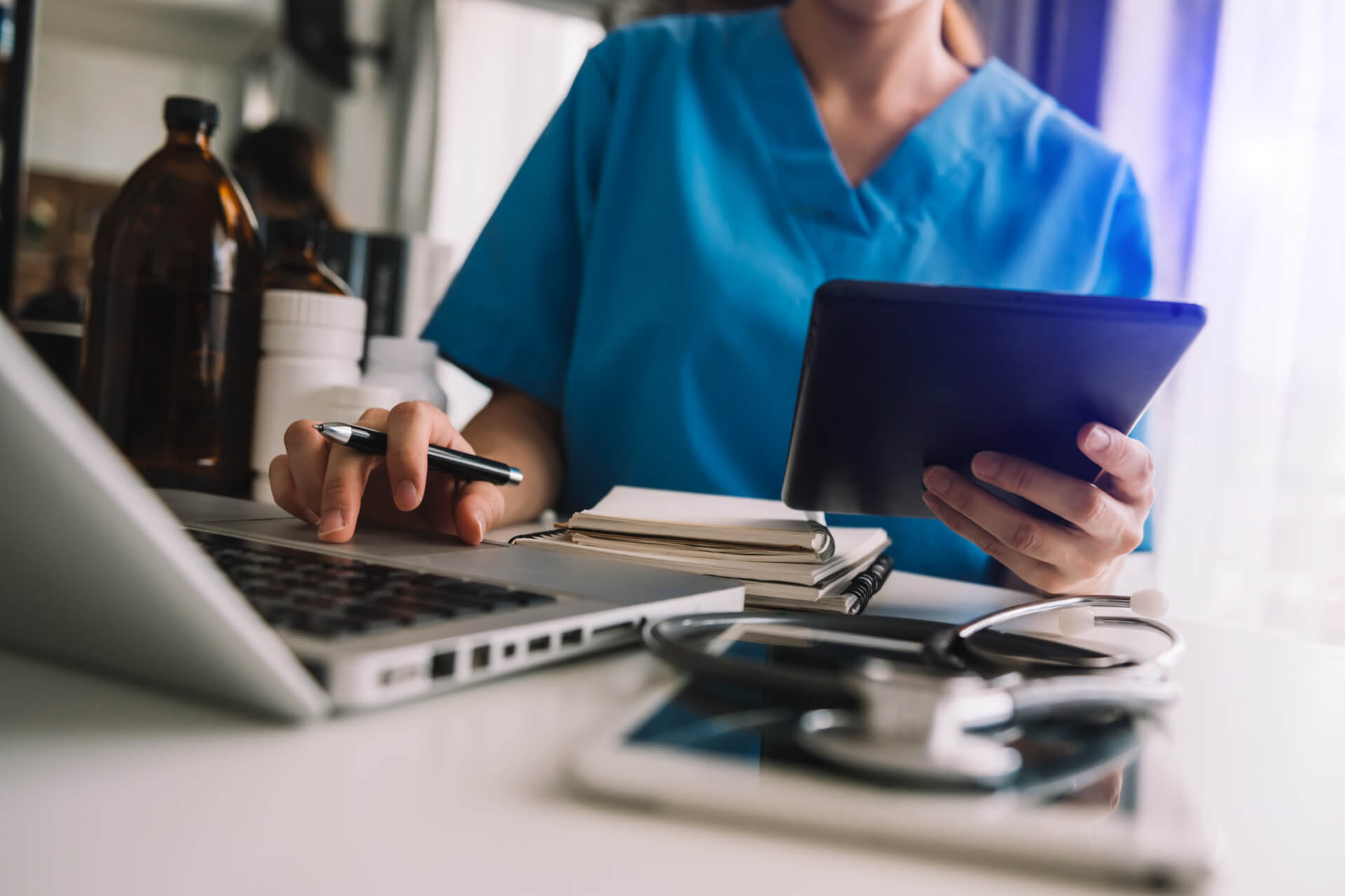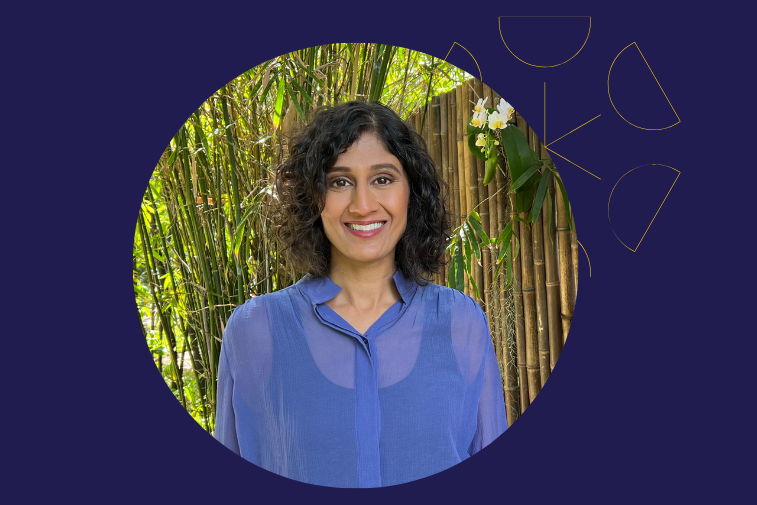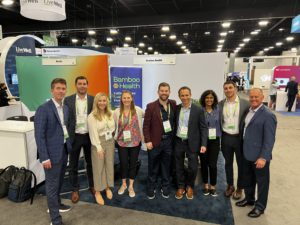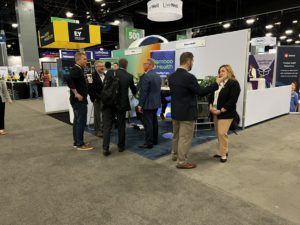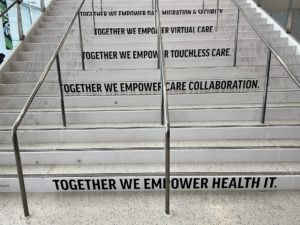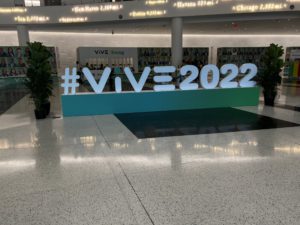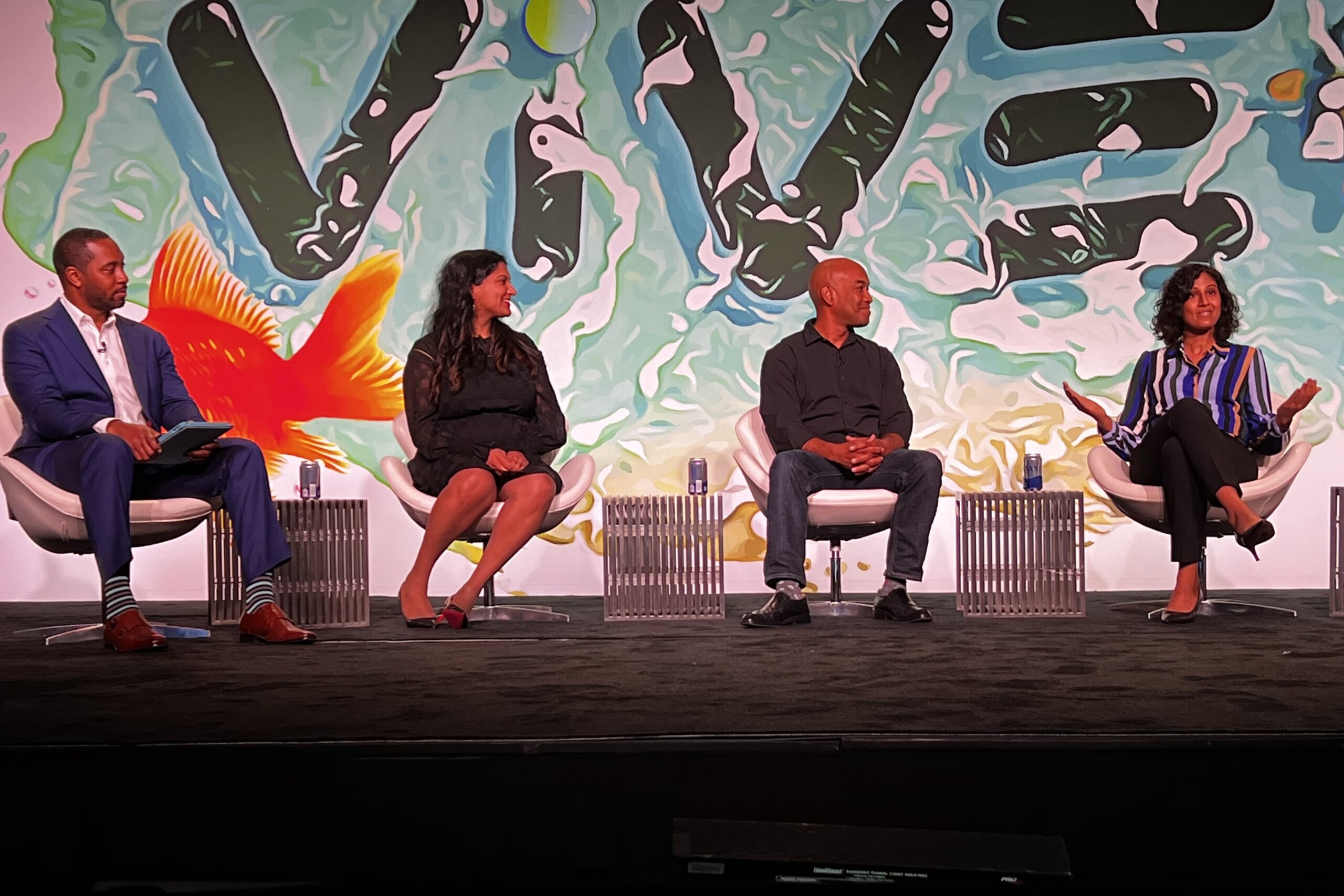On May 18th, we brought together over 20 of our ACO community members from across the country for our second Leadership Collaborative Roundtable to share ideas and discuss the latest and greatest in care coordination.
Our recent event focused on how organizations can successfully develop and engage their post-acute care (PAC) networks. Today, 73% of overall Medicare geographical spending variances are attributed to post-acute utilization. As spend increases, and as the industry continues to shift towards value-based care, it’s critical that organizations have the resources and strategies in place to ensure success across their post-acute networks.
Here are some of the key takeaways from the conversation!
How did you build and develop your preferred post-acute network and what were some of the challenges that you faced?
Response by: Ann Marie Niemer, Systems Director of Preferred Provider Network, AMITA Health
In 2013, we committed to CMS that our Medicare fee-for-service patients, especially those with chronic conditions, would receive the right care at the right time, while avoiding unnecessary duplication of services and medical errors. We began looking at areas of opportunities to provide quality care and potentially reduce costs. We looked at our skilled nursing facility (SNF) utilization and costs, and realized that they were nearly 2x the national average. This lead to our decision to build out a preferred post-acute network with the goals of improving transitions of care, care quality, and ensuring appropriate utilization of services for our Medicare beneficiaries.
We began by assessing our highest-volume SNFs and looking at their star ratings, length of stay, and readmission rates. From here, we selected a preferred network of 14 SNFs, which has since been expanded to 30.
One initial challenge we faced was drumming up engagement among the PAC providers. It was also difficult to maintain this engagement, as many of our facilities had numerous staffing turnovers. It was also challenging at first to determine which data to pull to set benchmarks, as well as which data we should share with the post-acutes.
How do you keep your preferred network engaged? Can you share some best practices?
Response by: Ann Marie Niemer, Systems Director of Preferred Provider Network, AMITA Health
To ensure engagement and collaboration across our preferred post-acute network, we embed a social worker within each facility to assist with care planning for patients and to make sure that things are running smoothly. We also created guidelines for our preferred facilities, which includes best practices as well as what is expected of them to stay on our network. Some examples include:
- What is expected within 24 hours and 7 days of a patient being admitted to or discharged from their facility
- Transition of care forms
- Care plans for specific patient cohorts
- Patient care model criteria
This helps level-set expectations while also improving patient outcomes and reducing costs. Over the last few years, we’ve been able to decrease our length of stay by 9 days, and our readmission rates are down 12-13%.
For best practices, here’s what we’ve found works best:
- Maintaining open lines of communication with your PAC network is hugely important. Connect with them both electronically and in person. We use NaviHealth and PatientPing to help with this. NaviHealth helps us monitor PAC performance, and PatientPing helps us stay connected with our post-acutes, monitor our ACO patient populations, and reduce the time and effort required of our staff to determine where patients are going to receive care.
- Perform regular on-site visits with your preferred network. This helps to create relationships with these organizations, while also making sure that things are running smoothly and efficiently.
- Build trust with your preferred network by holding each other accountable; follow up quickly on any issues that they may be having and build relationships. One way we do this is by holding preferred provider meetings which gather our SNFs together to discuss and review expectations and performances.
How do you influence patients in the hospital to receive care at your preferred networks?
Responses by: AMITA Health, MedNetOne, USC Keck
- One way AMITA does this is by creating a one-page flyer with all of our preferred post-acute partners listed and placed on a map, sorted by region. We have our social workers and care managers hand these flyers out to patients and their families and help answer any questions that they may have.
-Ann Marie Niemer, Systems Director of Preferred Provider Network, AMITA Health
- Michigan primary care physicians (PCPs) are very fortunate since the patient-centered medical home model has really taken root. PCPs can bill BCBSM and other health plans for the services both they and their care teams provide. Our organization relies heavily on our PCPs, including Advanced Practice Providers, to make phone calls to caregivers or family members on patients who were admitted to a hospital of skilled nursing facility, and help coordinate their post-acute stay at one of our preferred facilities. Additionally, we work directly with hospitalists so they are aware of where we would like our patients to receive care once they are discharged from the hospital.
-Ewa Matuszewski, CEO, MedNetOne
- We bring a list of our preferred providers into our hospitals and meet with them and our preferred network on a quarterly basis. This helps us connect all of our providers and bring them up to speed with our key value-based care initiatives. This time also allows providers to take the floor to share best practices among their peers, which has gone a long way in advancing collaboration across the care continuum.
-Tony Herrera, Associate Administrator, Payment Innovation and Transformation, USC Keck
How have you developed your preferred hospice network?
Response by: Beth Souder, Director of Post-Acute Care, DVACO
When I started out at DVACO, I discovered that our home health and hospice spend was higher than most other ACOs. Since post-acute spend accounts for such a high percentage of the variability in overall healthcare costs, we decided to start measuring quality of care, patient satisfaction, and cost efficiency processes across our providers in order to begin building out our preferred networks. We started with our SNF and home health network, and recently developed our preferred hospice network.
We first looked at publicly-reported outcomes for surrounding hospices, specifically patient (family) satisfaction and process measures, and developed our efficiency measures using claims data. From here, we determined which percentage of hospice episodes had length of stays of over 180 days, which percentage of these episodes resulted in the patient dying or being discharged alive, as well as the average cost per patient per year, and developed our preferred network from here.
Today, we have an agreement in place with all of our preferred post-acutes (HHAs, SNFs, and hospices) that requires them to provide guided choice for patients to receive care at our other preferred post-acutes. So many inefficiencies in the patient care journey occur in the post-acute setting, so having our network aligned helps bridge those gaps, deliver higher quality care, and help our post acute spend go down.
How do you engage with post-acutes in more rural communities that are not as heavily bedded?
Response by: Pam Halvorson, Lead Executive ACO Operations, UnityPoint
At UnityPoint, we believe that the standard of care for our preferred facilities should be the same regardless of their location. To be on our preferred network, SNFs must have at least a three-star rating, as well as the capability to deliver high quality care. We recognize that high volume SNFs located in urban areas are more easily staffed with RNs throughout a 24 hour period. We’ve had to think carefully about RN coverage standards set by the ACO’s minimum criteria when evaluating partners in rural areas. We’ve turned to state requirements in instances where rural SNFs have not met our UnityPoint ACO minimum criteria for staffing. If rural SNFs meet the state regulations, we allow them into our preferred network as long as they meet all other standards.
Thank you to everyone who joined us for our Leadership Roundtable discussion, and for sharing your thoughtful insights! See you all at our next roundtable!


